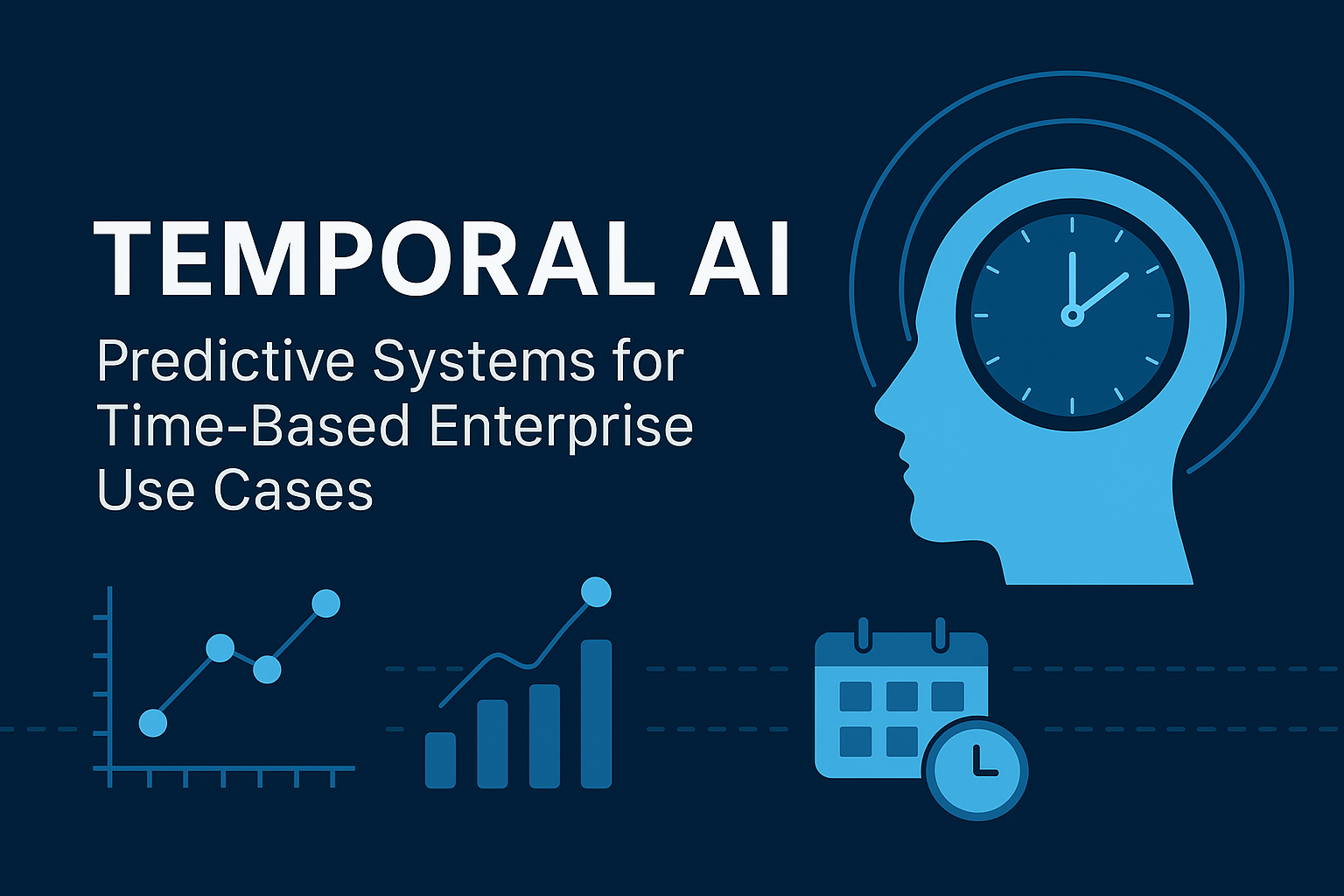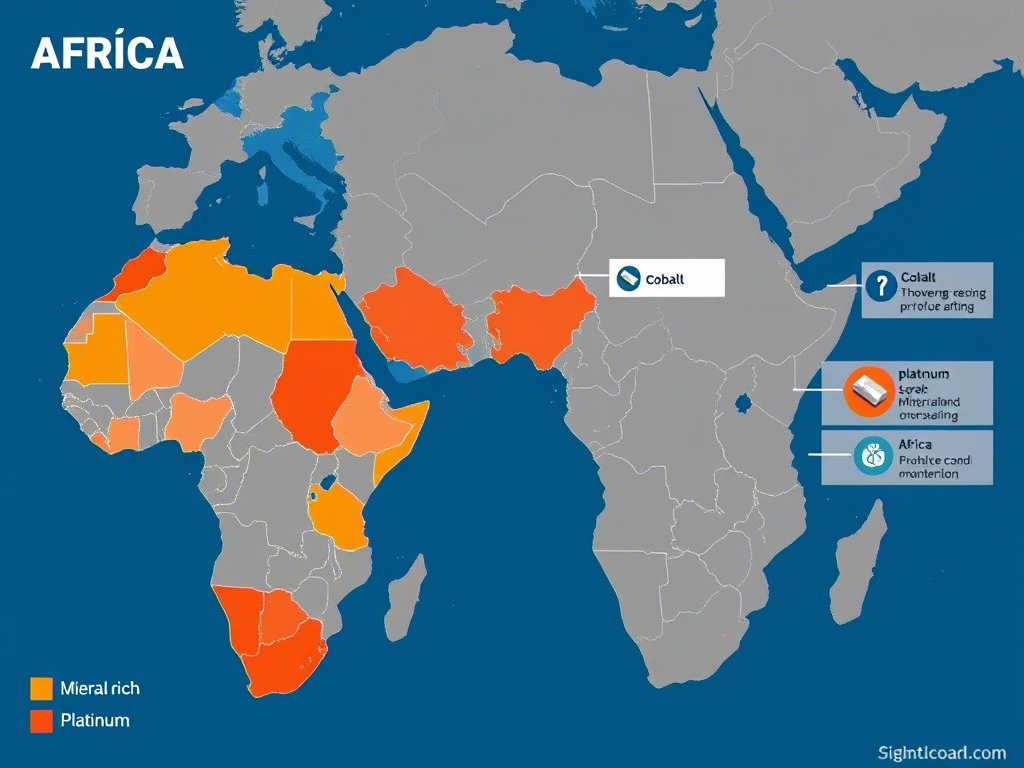Tag: Artificial Intelligence
-

Temporal AI: Predictive Systems for Time-Based Enterprise Use Cases
As businesses race toward real-time operations, a new frontier in artificial intelligence is gaining traction: Temporal AI. This class of AI focuses on modelling and interpreting time-dependent data, unlocking predictive insights that conventional models often miss. Whether forecasting energy demand, detecting fraud, or anticipating equipment failure, temporal intelligence is becoming a cornerstone of modern enterprise decision-making.…
-

Neuro-Symbolic AI: A New Chapter for Explainable Enterprise AI
In enterprise AI, performance isn’t everything, trust and transparency are just as critical. As models grow more complex and their decisions shape high-stakes outcomes in finance, healthcare, supply chain, and HR, the demand for explainability has never been greater. Enter neuro-symbolic AI, a hybrid approach that may finally bridge the gap between black-box intelligence and…
-

AI in GRC: Streamlining Compliance with Predictive Insights
Governance, Risk, and Compliance (GRC) has long been associated with rigid policies, manual audits, and reactive reporting. However, the accelerating pace of regulatory change, globalisation, and complex digital ecosystems is rendering traditional GRC models insufficient. In response, organisations are turning to Artificial Intelligence (AI) to modernise their approach, making GRC smarter, faster, and more proactive.…
-

Data Annotation at Scale: Challenges in Building Accurate Enterprise AI
As artificial intelligence (AI) continues to revolutionise industries, one of the most crucial yet often overlooked components in building robust AI systems is data annotation. Whether it’s for training machine learning models, enhancing natural language processing (NLP) algorithms, or improving computer vision systems, the accuracy and quality of annotated data directly impact the performance of AI…
-

AI-Powered Knowledge Graphs: Unifying Enterprise Data for Smarter Insights
In the modern enterprise, data is everywhere, stored in silos across CRMs, ERPs, cloud drives, emails, internal tools, and customer platforms. While businesses collect more data than ever before, turning that data into cohesive, actionable insight remains a massive challenge. Enter AI-powered knowledge graphs, a breakthrough technology that is reshaping the way enterprises unify, interpret,…